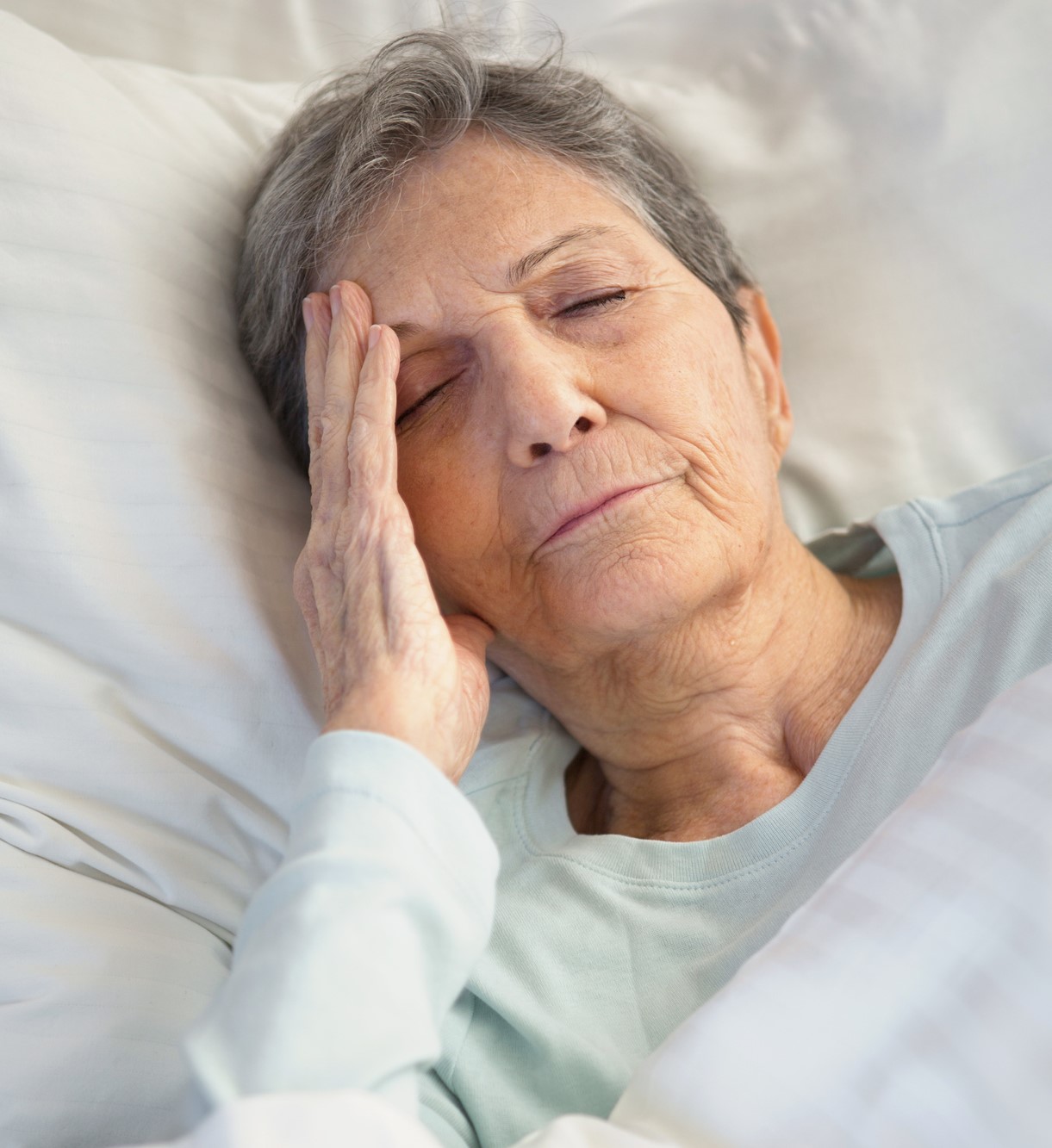Some Sleep Apnea Symptoms Can Mimic Alzheimer’s

“She thought she had Alzheimer’s, but it was really sleep apnea,” said a headline in the Bangor Daily News in October. The article went on to describe how, after living for over 10 years with an Alzheimer’s diagnosis, a 78-year-old woman discovered she was actually suffering from sleep apnea.
“Donna Beveridge began to notice that she was forgetting things and often felt overwhelmed with details that never used to bother her,” said the article. Beveridge was diagnosed with early-stage Alzheimer’s and joined a support group. Over time, Beveridge noted that her symptoms, such as memory loss, confusion and lack of mental clarity, were not getting worse, as they were with others in the support group. Her daughter suggested she get another opinion. The second diagnosis: sleep apnea.
“My oxygen levels, which should be above 90, were in the 60s and 70s,” said Beveridge in the article. “Apparently, that was killing off my brain cells.” Sleep apnea – which interrupts air flow to the brain – was causing symptoms that mimic Alzheimer’s. Beveridge’s new doctor prescribed a continuous positive air pressure (CPAP) machine. She now wears it when she sleeps – and because it helps keep her airways open, she no longer experiences apnea. Her blood oxygen improved, as did her cognitive functioning. Her Alzheimer’s diagnosis was set aside.
Detecting sleep apnea
Snoring can be a clue – but not always – that someone has sleep apnea. People with sleep apnea make periodic gasping or “snorting” noises, during which their sleep is momentarily interrupted. According to the American Academy of Sleep Medicine (AASM), apnea symptoms can include:
- Snoring
- Silent breathing pauses during sleep
- Gasping or choking during sleep
- Daytime sleepiness or fatigue
As with Donna Beveridge’s case, sleep apnea can cause memory problems. Unfortunately, that memory loss can be permanent. What’s more, sleep apnea is considered a risk factor for dementia.
Are you at risk for sleep apnea?
The AASM says risk factors for sleep apnea also include:
- Obesity (BMI of 30+)
- Family history of sleep apnea
- Male gender
- Narrow airway
- Large neck, tongue or tonsils
- Recessed jaw
The AASM offers some simple questions to help you decide whether you may be experiencing sleep apnea.
If you think you might have sleep apnea, or you are experiencing the symptoms, you should discuss it with your healthcare provider immediately. If you are diagnosed with sleep apnea, you may be given a CPAP machine, and/or your doctor may prescribe lifestyle changes and possibly surgery. Your current health and whether you have other disorders, such as heart disease, will be important considerations.
The information in this article is not intended to replace the advice of your healthcare provider. Talk to your doctor with questions about your health.
![Charlesgate [logo]](https://www.charlesgate.net/wp-content/uploads/sites/218/2016/12/logo-new.png)